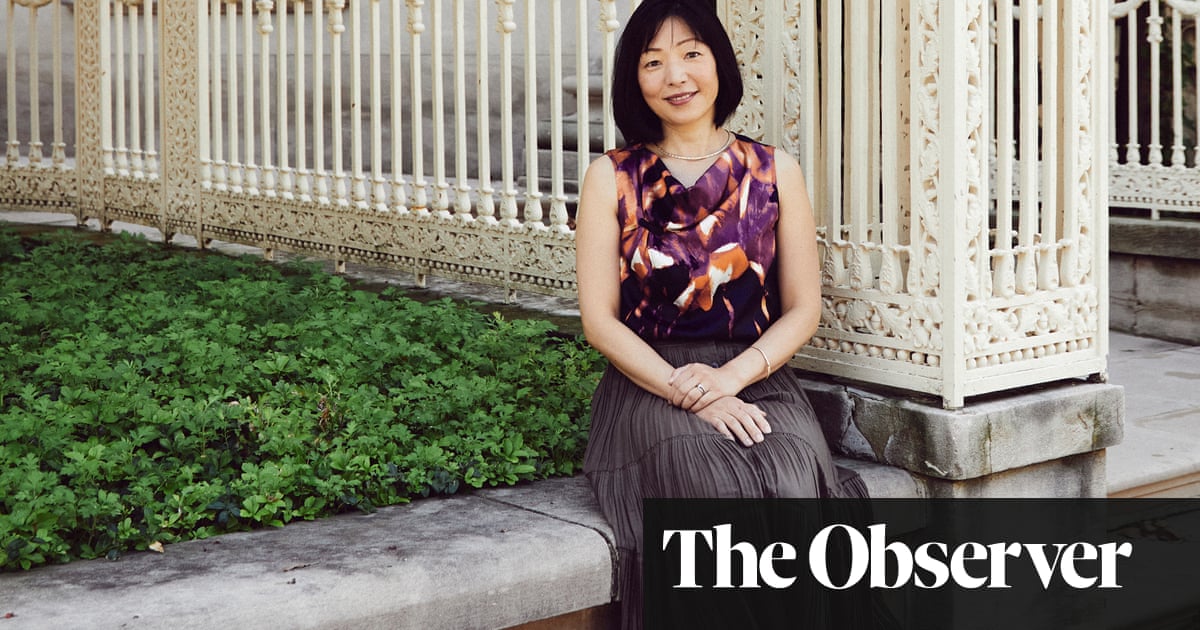
British Government’s spokesman in the Middle East and North Africa, Edwin Samuel, said his country was targeted by organizations such as ISIS, but that would not deter the British people from promoting a pluralistic and diverse lifestyle to overcome terrorism.
In an interview with Asharq Al-Awsat newspaper, Samuel said: “The British government is strongly facing the extremist ideology, by supporting voices of moderation, especially in our religious communities and civil society, as well as obstructing extremists and chasing advocates of radicalism, and by seeking to build more cohesive societies.”
“We need to propose a way of life that respects tradition and religion, but also offers an opportunity so that young people are not exploited by a false doctrine. We can learn a lot about this from our allies, especially Saudi Arabia,” he added.
Asked about provocative speeches that are made under the concept of freedom of opinion, especially in Europe, Samuel said that his country was closely monitoring those who “spread the ideas of violent extremism.”
“If they break the law, they are prosecuted. If they don’t, we campaign against them openly and challenge their ideas,” he noted.
Samuel went on to say: “As Prime Minister Theresa May said, the defeat of extremist ideology is one of the greatest challenges of our time, but it cannot be defeated by military intervention alone, or by defensive operations to combat terrorism.”
In this regard, he stressed the importance of turning people’s minds away from violence and “make them understand that our values, the values of British pluralism, are superior to anything advocated by the promoters of hate and their supporters.”
The British government’s spokesman also touched on the situation in the region and the crisis between the Gulf States and Qatar, voicing UK’s concern over the ongoing rift between Doha and its neighbors.
“The United Kingdom is very concerned about the ongoing tensions in the Gulf because the GCC is our strategic partner, and we are in constant contact with our Gulf friends to encourage de-escalation, and we strongly support the Kuwaiti mediation efforts,” Samuel stated.
As for the UK position on Yemen, the British official reiterated the Kingdom’s support to the Saudi-led military intervention in the country, noting that Houthi rebels have failed so far to show goodwill and to cooperate effectively to reach a solution to the crisis.
“Houthis are not cooperating in the way they negotiate and they need to understand that the restoration of the legitimate government in Yemen is inevitable… They need to show goodwill by negotiating in good faith,” the British official said.
He stressed that the United Kingdom’s main concern was to stop the cholera epidemic and to get aid to the Yemenis.
“There is no military solution. Yemen has always suffered from a developmental and humanitarian problem; if we fix the fundamental problem, those, who might want to create problems from outside like Iran, will not find fertile ground,” Samuel said.
Underlining the British support to the Saudi-led military intervention in Yemen, the official said that his country was assuming a leading role in diplomatic efforts, including bringing together key international actors in an attempt to find a peaceful solution.
“The United Kingdom also plays a key role in humanitarian response as the third largest humanitarian donor to Yemen (after the United States and the European Union),” he added.
On Syria, Samuel said the situation there would remain complicated in the absence of a political solution.
“From the beginning, we were saying: The Syrian crisis needs a political solution that leads to a comprehensive transitional government that encompasses all the Syrians, excluding all those involved in shedding Syrian blood,” he stated.
“I lived in Syria when I studied Arabic in 2007 and 2008, and I knew it was a happy and varied life where all Syrians coexisted, regardless of their background. It is worse and more complicated now because of multilateral actors and the interference of foreigners, including Iran, Russia, and foreign extremists,” Samuel recounted.
“[President Bashar] Assad must leave,” he stressed, “and the Russians must help manage the transition away from Assad. We need to defeat ISIS to move to a national unity government.”
Asked about UK’s stance towards the independence referendum in Kurdistan, which is to be held on Monday, the British government’s spokesman said: “Britain’s position is clear. We do not support the aspirations of the Kurdistan Regional Government to hold a referendum on September 25; the referendum threatens to increase instability in the region at a time when the focus should be on defeating ISIS.”
He noted in this regard that the United Kingdom has proposed the resumption of a new round of talks between the governments in Baghdad and Erbil, which would address all points of disagreements between the two sides.
He also said that such talks should be held without preconditions with the support of the international community.










